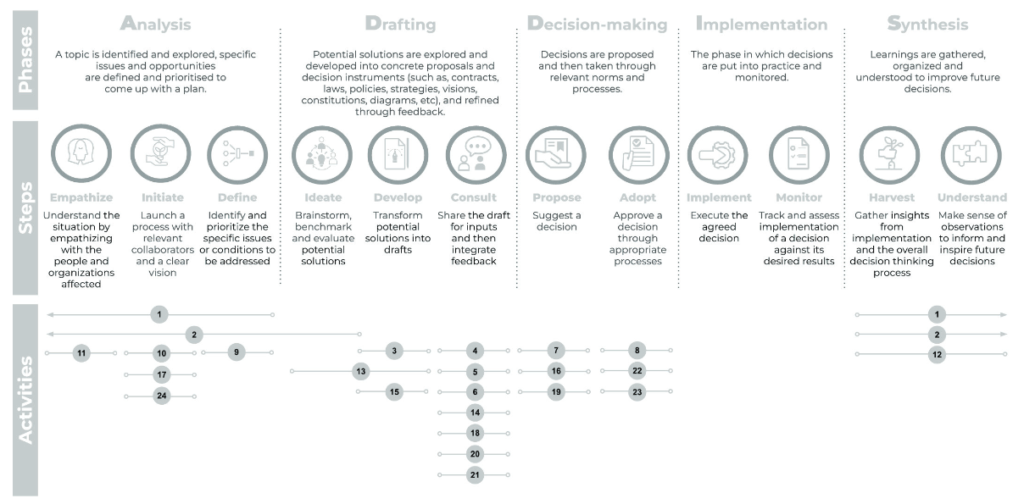
Crowd forecasting infectious disease outbreaks: how John Hopkins leveraged the wisdom of crowds
How crowds of public health experts and vetted civilian forecasters helped the Johns Hopkins Center for Health Security tackle uncertainty and predict the future.










